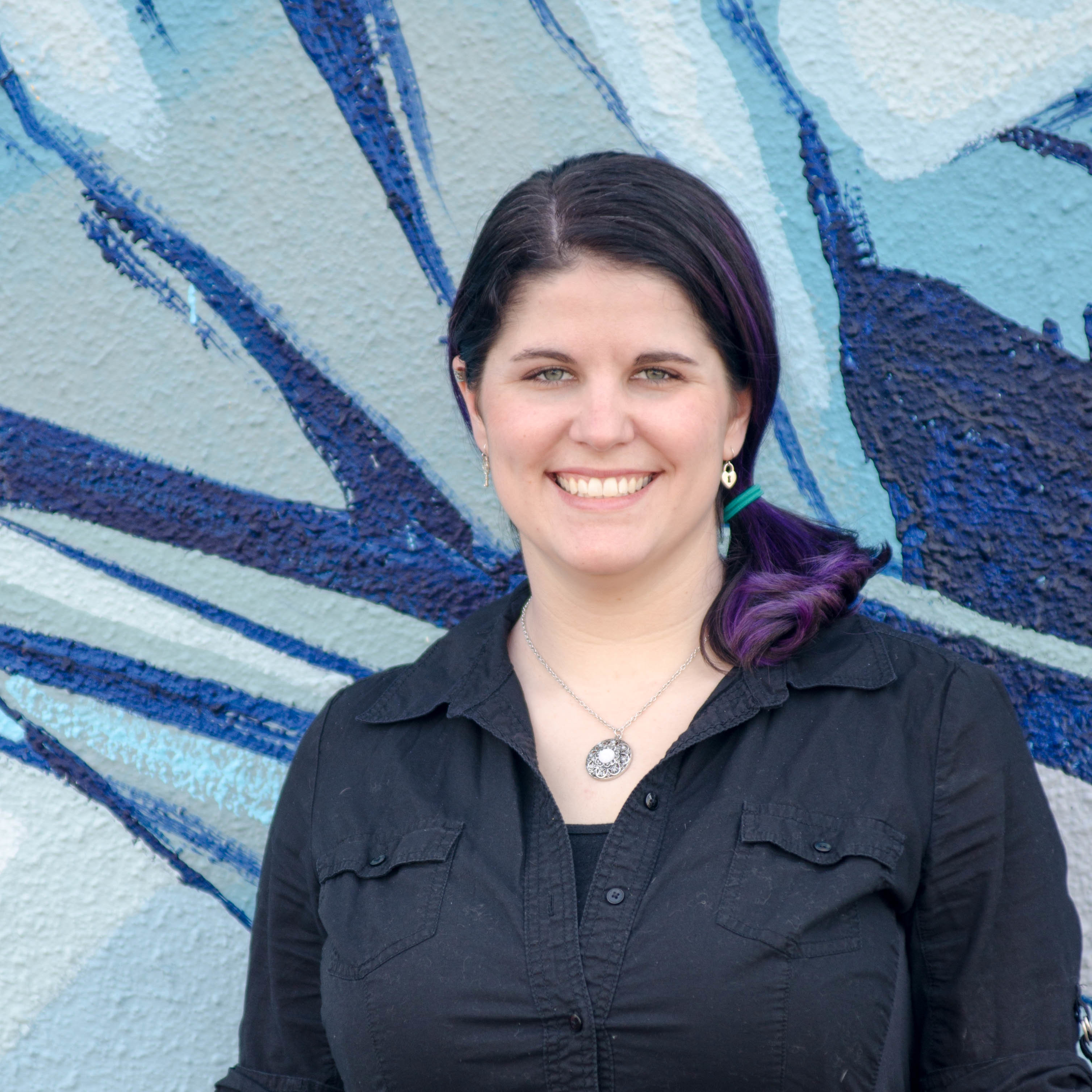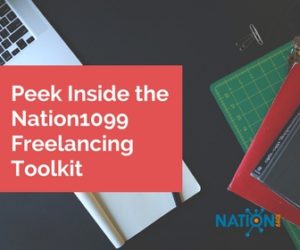Does this sound like you? You have a skill — graphic design or writing or coaching — that other people can benefit from. You’re sick of your 9 to 5 or you need some extra income, so you take some contracts designing, writing or coaching for other people.
All of a sudden you have a business. You don’t know anything about business, you didn’t go to business school, you never even took a business class.
Yet here you are: a business owner.
It feels a little like that dream — the one when you show up to class and there’s a test that day but you didn’t study and it’s worth 110 percent of your grade.
Don’t panic. Other people have been here too and gone on to be successful independent contractors, and four of them have agreed to share the advice they would give their younger selves — their younger freelancing selves, at least.
Take big risks
Rick Penn-Kraus, owner of the creative consultancy RPKdesigns had been freelancing on the side for most of his professional life before he made the plunge to full-time consultant.
“I went out on my own by necessity,” Penn-Kraus says. “I chose to leave a full-time job that was not the right fit for me, even though I had no other job lined up. I had resisted acting on such an urge a number of times in my career. This time I made the leap.”
The recession started soon after and finding a job became much more difficult. But Penn-Kraus reached out to his network and made himself available, taking work where he could find it.
“I said yes to almost every client request, including tasks I did not necessarily know how to do.” Penn-Kraus says. “And I figured out how to accomplish them, learning new software in the process and adding to my skill set.”
He started projects that even he thought were crazy, like teaching a comic book cartooning class out of his home.
The risk paid off. The class sold out for almost every season over the last few years.
Build partnerships
Brandi Zenzel became a Mary Kay consultant because she needed some quick cash and she liked the idea of having a mentor who would train her in the business.
“I rationalized that even if it wasn’t a big money maker, she could teach me more about business that would transition over into my other business with my husband,” Zenzel says. She was the administrative manager for their termite and moisture control business in Hampton Roads, Virginia.
Fourteen years later, she’s the one mentoring new consultants, and she’s built her business into a platform for helping women live at their highest potential by recognizing and validating their wants.
Zenzel says that in her experience, many people tend to dismiss encouragement. “The little bits of your character that you think everybody does — for example, being on time, having good follow-through, being consistent — those things that you take for granted are the very things that are your bedrock of your future.”
The key to keeping your perspective is surrounding yourself with partnerships, Zenzel says. “This can be inside your business or outside, that are big thinking and that have kind candor and are experiencing personal growth as well.”
“Those people are your springboard and you need to trust them, both when they’re telling you good things as well as when they’re giving you constructive criticism.”
Ask for help
Emma MacKenzie, a life and career coach and technical writer, says successful independent contractors need to fight the idea that they’re in business alone. You can take independence too far.
“There are people in the world so that we can interact with them, so that everybody gets the opportunity to do what they’re good at, do what they love,” she says. “So that we can all support one another.”
Every business has administrative responsibilities — bookkeeping, marketing, web design. “When you become a solo entrepreneur,” she says, “you have to suddenly start learning all of these roles. You either have to take them on yourself or make enough money that you can pay someone to do it for you.”
“One of the challenges that freelancers face is that, for example, someone who is an excellent writer isn’t necessarily an excellent business person,” MacKenzie says.
Learn about business
Boldness Coach Vaneese Johnson says that she had to close her first coaching business and go back to school before she could be successful.
“I wish I had taken the time to really take a business planning class to get clear about the technical aspects of running a business,” Johnson says.
Now she offers mastermind courses on business development, strategy, and implementation. She says that there are a lot of elements freelancers and independent contractors have to be aware of when they make the jump from supplemental income seekers to fully independent entrepreneurs. Things like liability issues, taxes and how to get health insurance.
“It’s not that you don’t do it. You just go in with a heightened awareness,” Johnson says.
Embrace the lifestyle
Ultimately, all four of these experts were driven to go independent because they were seeking more control over their own lives. Success looks different for each of them.
“Really clarify why you’re doing what you’re doing,” Johnson says. “If you’re really there to do a side hustle then you should probably stay in that space.”
But if you find, like Zenzel did, that something about this life speaks to you, then you should trust yourself to make the leap. “I would say, who you are today is exactly who you need to be to get to your tomorrows,” Zenzel says.
MacKenzie has flipped back and forth between the independent business and traditional corporate worlds several times. “I find that for me, it’s really important to be aware of my values and to follow my values rather than social norms,” MacKenzie says.
Becoming a successful independent contractor lets you build a lifestyle that works for you, Penn-Kraus says, but it also takes discipline.
“Freelancing does not mean working in your pajamas,” Penn-Kraus says. “It means treating your job and work habits seriously, so you get dressed, get creative, meet deadlines, and get the jobs done. And sometimes, stay in your pajamas.”

Emma Gallimore is a freelance writer, website designer and small business marketing consultant based in Norfolk, Virginia. She holds a journalism degree from the University of Maine and began her career with Bangor Daily News. She is a contributor to Inside Leadership Magazine and to multiple online media outlets.










